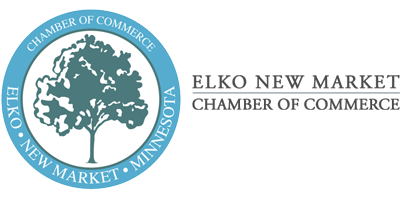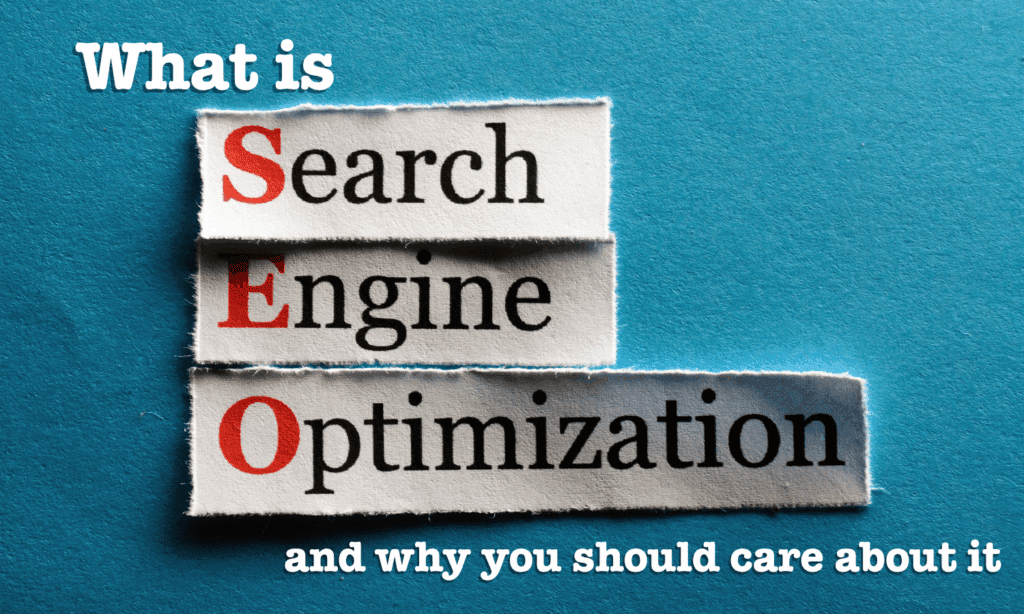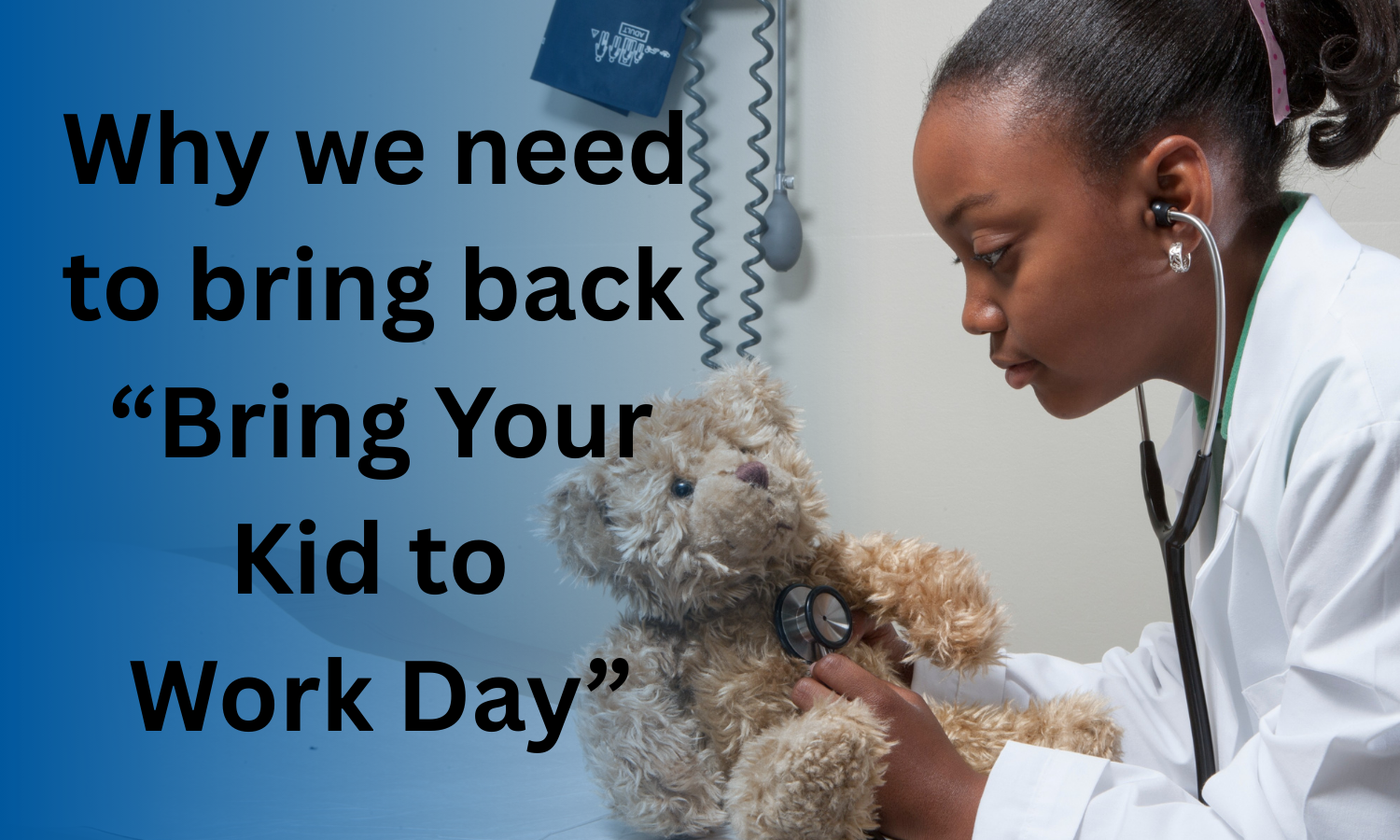What is SEO and Why You Should Care About It
Search Engine Optimization (SEO) is the art and science of improving a website’s visibility on search engines like Google, Bing, and Yahoo. In simple terms, SEO is about making sure your business shows up when potential customers are searching for products, services, or information you offer. It’s like putting your business front and center on the busiest street for everyone to see instead of in the back alley where no one can see it.
Nearly 68% of all online experiences begin with a search engine—meaning if your business isn’t showing up on that first page, you’re likely missing out on valuable leads and customers. Unlike paid ads, which stop driving traffic when the budget runs out, SEO builds long-term visibility and trust, helping your business get found organically without constantly paying for clicks.
Let’s take a deeper look at how search engines decide what to show.
When someone types a question or phrase into Google, a highly complex algorithm gets to work instantly. It sorts through billions of web pages in a fraction of a second to deliver what it believes is the most relevant, helpful, and trustworthy answer.
To make this decision, search engines like Google consider hundreds of factors. Here are some of the biggest ones:
Relevance to the Search
Search engines scan web pages for keywords and topics that match the user’s query. If someone searches “best pizza in Elko New Market,” Google looks for pages that clearly talk about pizza places in that area.
Example:
If your local pizza shop has a blog post titled “Why Our Elko New Market Pizza Was Voted #1” and uses phrases like “best pizza in Elko New Market,” Google sees that as a good match for the search.
Website Authority and Trustworthiness
Google gives preference to websites that have proven to be credible. This means other reputable websites link to it (called backlinks), the content is accurate, and the business has a solid online presence.
Example:
A Chamber member’s website that’s been mentioned on the Chamber blog, local news sites, and Google Business will likely rank better than a brand-new site with no connections.
User Experience
Google wants users to have a smooth, frustration-free experience. That includes:
Fast load times
Mobile-friendly design
Easy-to-read content
No pop-up overload
If your website is slow or hard to navigate on a phone, Google is less likely to recommend it—even if your content is good.
Local SEO Signals
For local businesses, proximity is key. Google uses GPS data, location tags, and business directories (like Google Business Profile, Yelp, or the Chamber directory) to serve up the closest, most relevant results.
Example:
If someone searches “coffee near me” and you own a café in Elko New Market with an updated Google Business Profile, your business could show up on the map even if your website isn’t perfect.
Freshness of Content
Up-to-date content gets bonus points. If your website hasn’t been touched in years, Google may assume it’s outdated and favor a competitor who posts regularly.
Example:
Posting a blog each month about tips, news, or events in your industry helps signal to Google that your website is active and reliable.
………………………………………………….
You don’t need a big budget or a marketing team to start showing up on Google. In fact, there are several powerful ways you can improve your SEO for free—you just need a little time and consistency.
Here are 7 simple (and mostly free!) ways small businesses can boost their visibility online:
Claim and Optimize Your Google Business Profile
This is the easiest and most important first step for local SEO.
- Visit google.com/business
- Claim your listing
- Add your hours, services, photos, and a business description
- Ask happy customers to leave reviews regularly
This helps your business appear in local “map pack” results when someone searches nearby.
Use Local Keywords on Your Website
Include phrases your customers actually search for, like:
“bakery in Elko New Market”
“affordable lawn care Scott County”
“wedding photographer near Lakeville MN”
Sprinkle these naturally into your home page, service pages, and blog content.
Get Listed in Local Directories
Make sure your business is listed (and accurate!) in places like:
- The Elko New Market Chamber directory
- Yelp
- Facebook Business
- Apple Maps
- Yellow Pages
- Local vendor or event sites
This builds credibility and improves your chances of showing up in search results.
Create Helpful Content
Blog posts, how-to guides, FAQs, or “top 5 tips” can drive organic traffic.
Example:
A pet groomer might write: “5 Ways to Keep Your Dog Cool in a Minnesota Summer” — and include a call to action to book an appointment.
It shows your expertise and gives Google more content to index.
Use Real Photos with Descriptive File Names
When you upload photos to your website or Google profile, name them clearly. Instead of “IMG1234.jpg”, use “elko-new-market-bakery-cupcakes.jpg”.
**Bonus: Add alt text to your images describing what’s in them—it’s good for SEO and accessibility.
Make Sure Your Website is Mobile-Friendly
Most people are searching from their phones. Use free tools like Google’s Mobile-Friendly Test to see how your site performs.
If it’s slow or hard to use on a phone, consider switching to a modern website builder like Wix, Squarespace, or WordPress with a responsive template.
Engage on Social Media (and Link Back to Your Site)
Social media profiles rank in search results too. Share your blogs, promote services, and drive traffic to your site with regular posts on Facebook, Instagram, or LinkedIn.
Tip: Add your website link in your profile bios and about sections.
………………………………………………….
Your Weekly SEO Checklist (All in Under an Hour)
You don’t need to become an SEO expert overnight. But staying consistent—even just once a week—can help your business climb the ranks and stay visible to potential customers. So set aside one hour (maybe on Wednesday mornings) to do the following.
Check Your Google Business Profile (5–10 min)
- Make sure hours and info are still accurate
- Add a fresh photo (a product, your team, or the storefront)
- Respond to any new reviews
Post on Social Media (15 min)
- Share a recent blog, event, or tip
- Include a link to your website when possible
- Use local hashtags (e.g., #ElkoNewMarket, #SupportLocalMN)
Add or Update Website Content (15–20 min)
- Write a quick blog post or update an existing one
- Add an FAQ or testimonial to a page
- Double-check for typos, broken links, or missing info
Ask for a Review (5 min)
- Text or email one happy customer and kindly ask for a Google review. Use a short link to your review page to make it easy
Check Your Website Traffic (10 min)
- Use a free tool like Google Analytics or Google Search Console. Look at which pages get the most views and what keywords people are using to find you
Click here for a downloadable version of this checklist!
By consistently doing these small steps, you’ll build stronger SEO over time—and make sure your business keeps showing up when people need you most.
Remember: SEO is a long game, but every little bit adds up. You don’t have to do it perfectly—you just have to do it regularly.
As always, if you need some help or guidance, just give us a call.
We are your business bestie; it’s what we’re here for!






